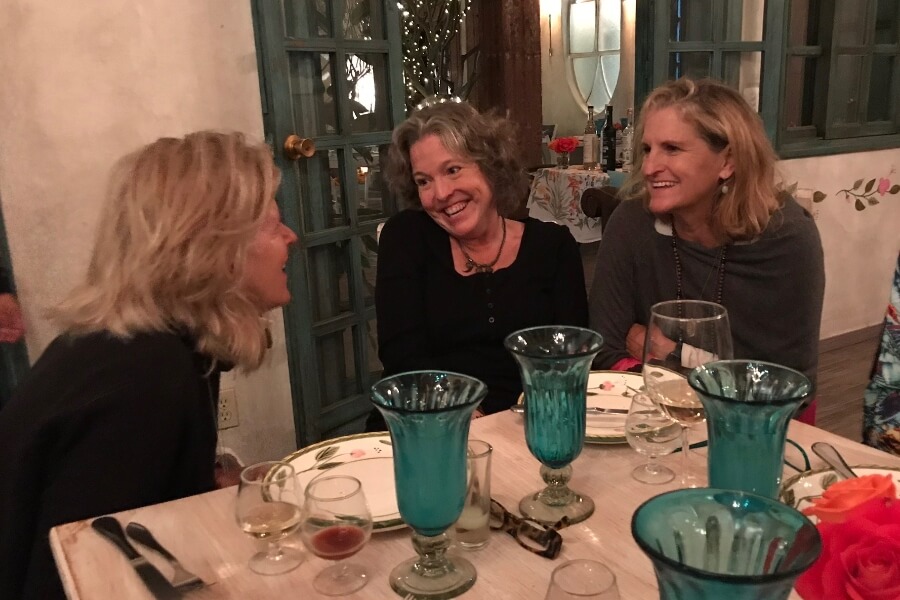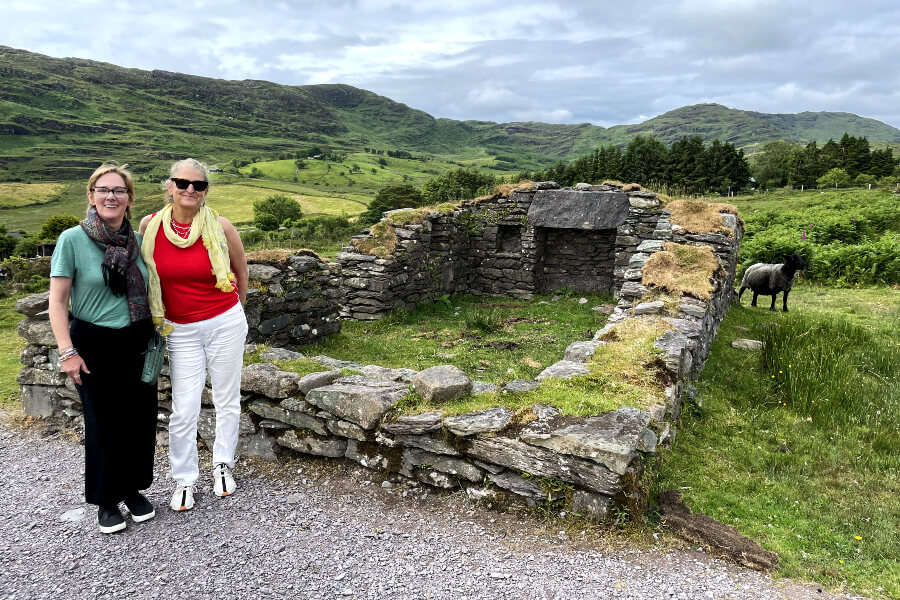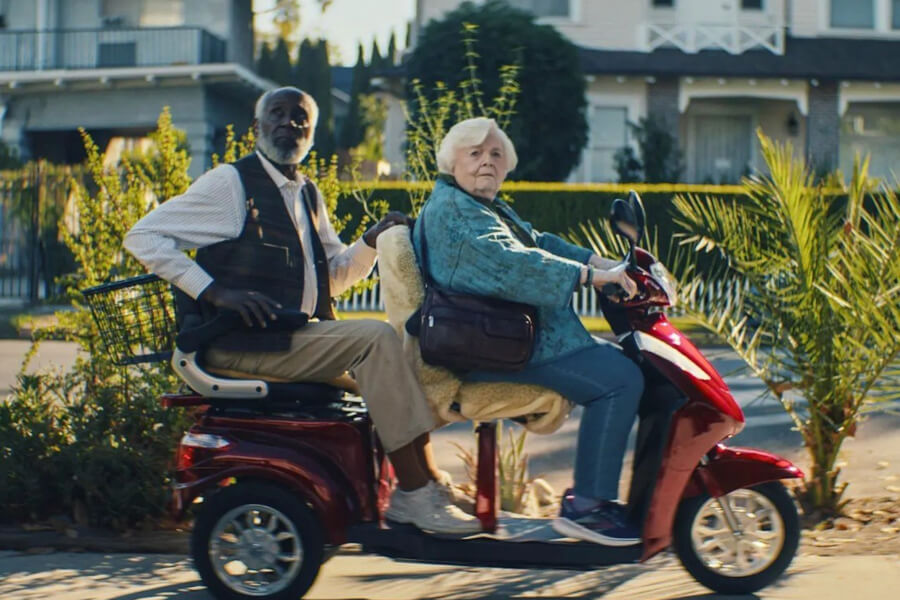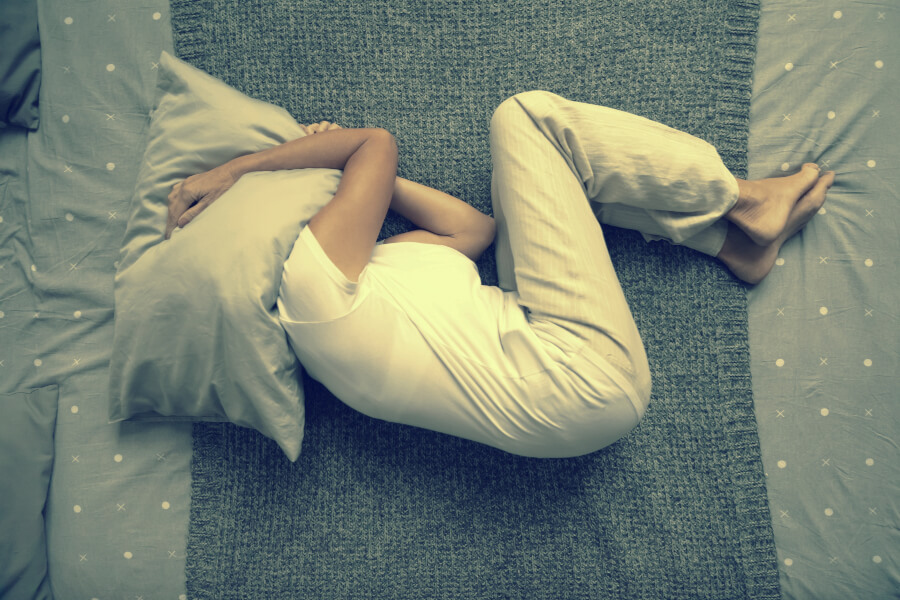David Salmon thinks the combination was fatal. Menopause and COVID anxiety together was too much for his wife, who took her own life last year during lockdown at the age of 56. He’s speaking out now to help prevent other families from experiencing such a loss.
“We need to talk about it and make people aware. It’s the mental side of it, not just the physical side,” Salmon, from West Yorkshire, England, told the BBC. “The physical side of symptoms you might see, but the mental ones, no.”
We need to talk about it and make people aware.
Salmon’s wife was working at a supermarket in their hometown of Keighley as the U.K. went into lockdown. Considered an essential worker, Linda Salmon, the mother of two, became worried about contracting COVID. “She rung up the doctor and the doctor went through all the symptoms with her. She said, `I have anxiety.'” Even though she got a leave from her job, a few days later, in April 2020, she took her life.
Her husband believes both he and his wife would have sought help if they have understood more about the link between suicide and menopause. The couple met when she was 16 and he was 20, and Salmon describes their relationship as a “fairy tale marriage.” He adds: “I loved her to bits.” While choking up, Salmon said he believes menopause significantly contributed to her poor mental health and claims the pandemic “pushed her over the edge.”
Read More: Suicide in Middle-Aged Women: Could COVID Make a Bad Problem Worse?
The Link Between Menopause and Suicide
Even before the pandemic wreaked havoc on physical and mental health across the globe, the Centers for Disease Control was reporting that the largest increase in the number of completed suicides in America is among women aged 45 to 64: a deeply worrisome 45 percent jump in suicides over last 20 years. Clinical studies have also shown, over recent years, a troubling nearly 50 percent rise in ER visits for drug-related suicide attempts (usually opioid) by middle-aged women.
You don’t want to be where I am today.
Researchers report a correlation between the estrogen-progesterone changes that come with menopause and increased depression. A 2008 study in Menopause: The Journal of the North American Menopause Society found that “late menopausal transition” was significantly related to depressed mood. Another study found that menopausal women are three times more likely to develop depression than premenopausal women. And we know that the pandemic has deteriorated mental health across the board.
Salmon said his wife’s death opened his eyes to the potentially deadly consequences the menopause can have on vulnerable women.
“I didn’t know there were all these other symptoms. I honestly thought the menopause was you got a bit warm and had a few moods and then when I saw [a BBC] program highlighting suicide it all came together,” Salmon said on air. To other husbands, he had this advice: “If you are in a similar situation, I would say help your wife, hold her hand, get her through it. You don’t want to be where I am today; nobody needs to do that.”
Read More: Stella Tennant’s Death at Age 50 Was a Suicide





















0 Comments